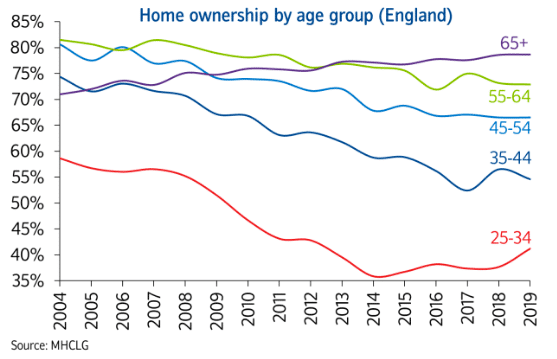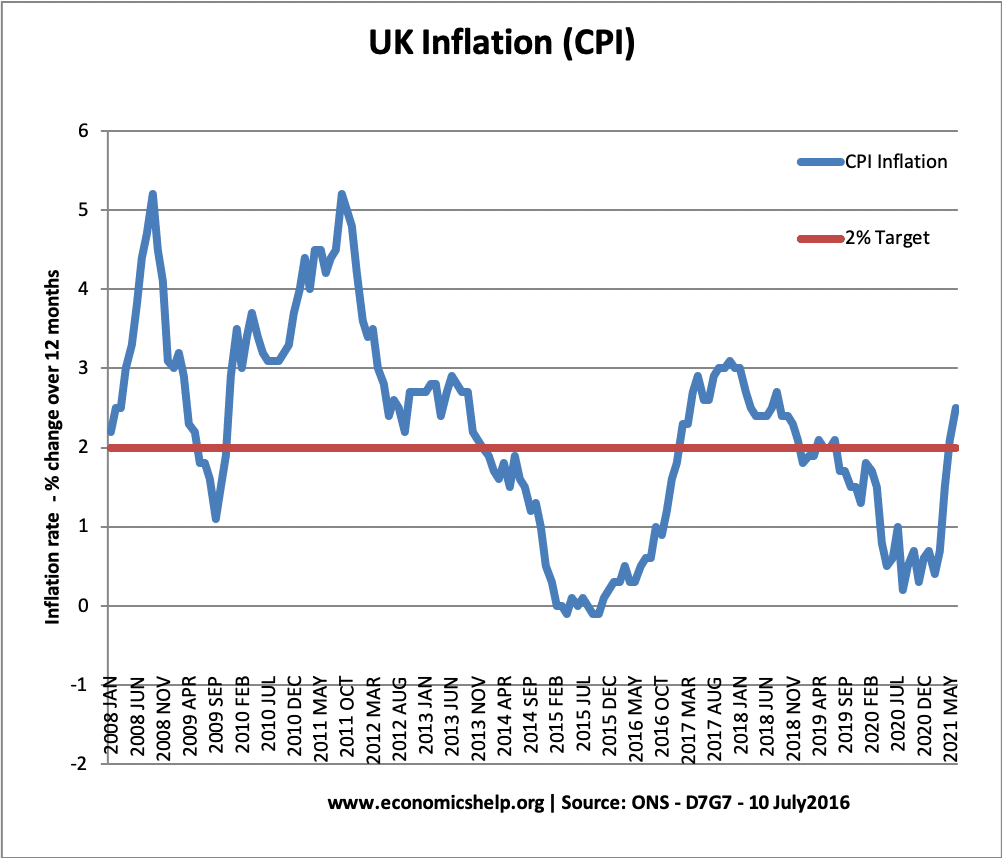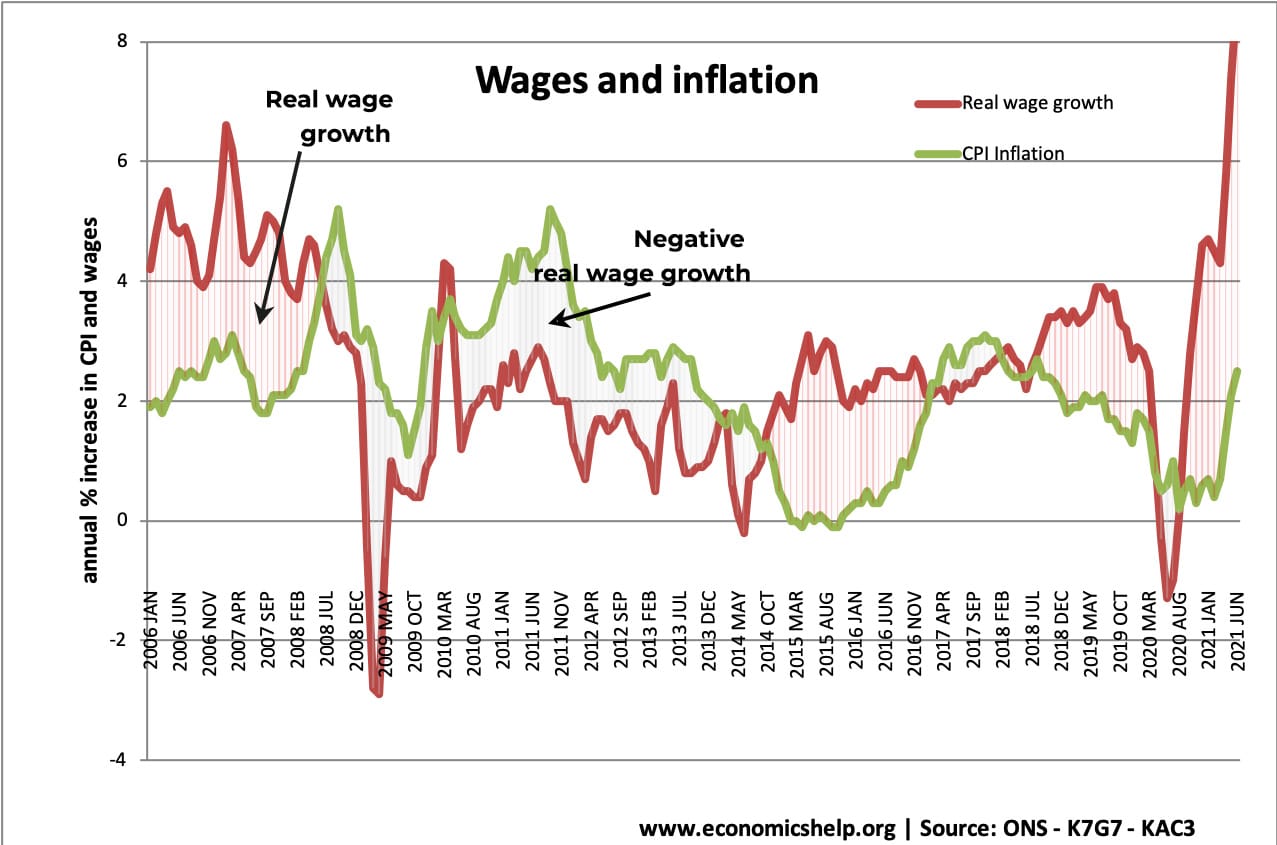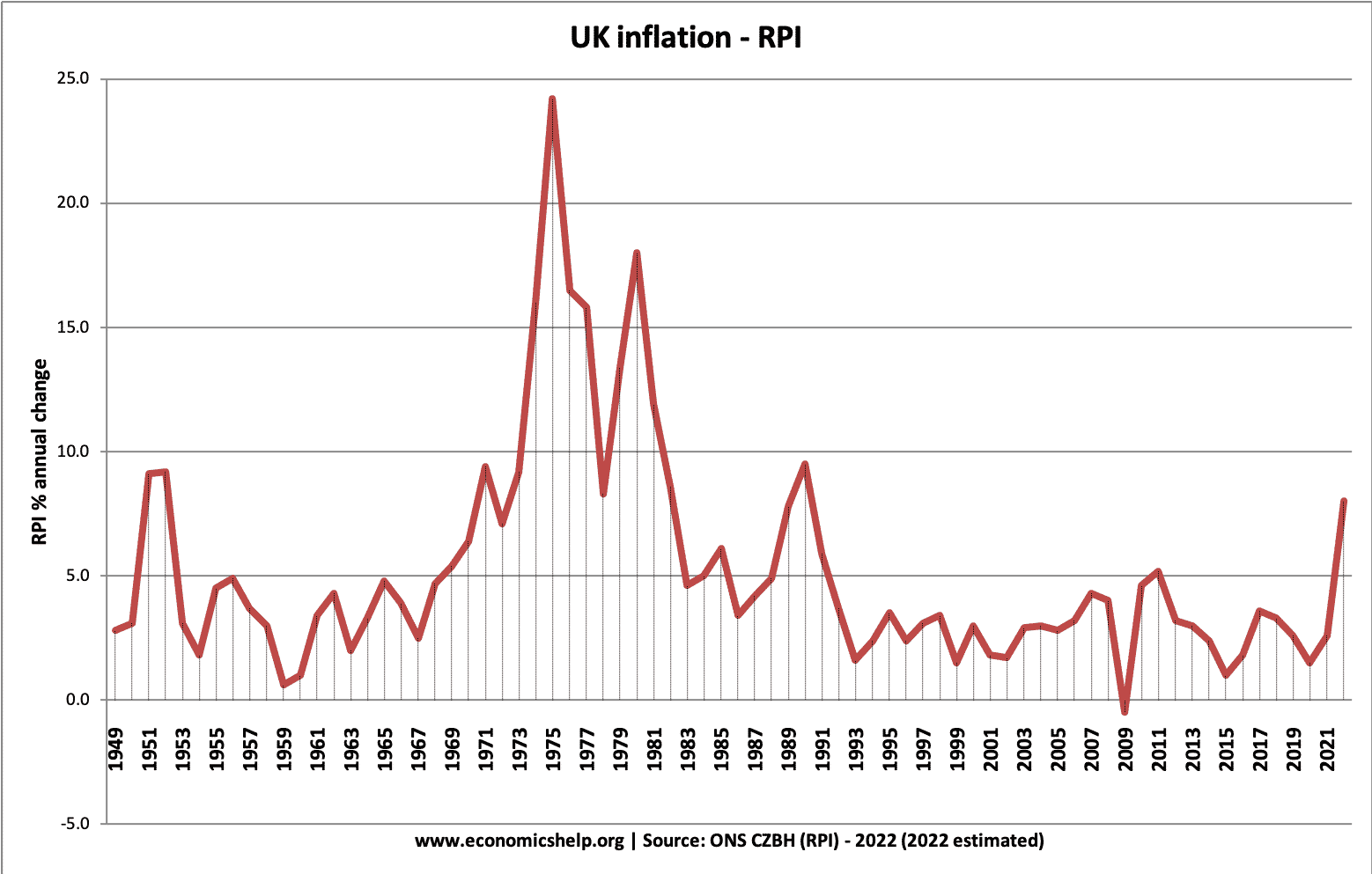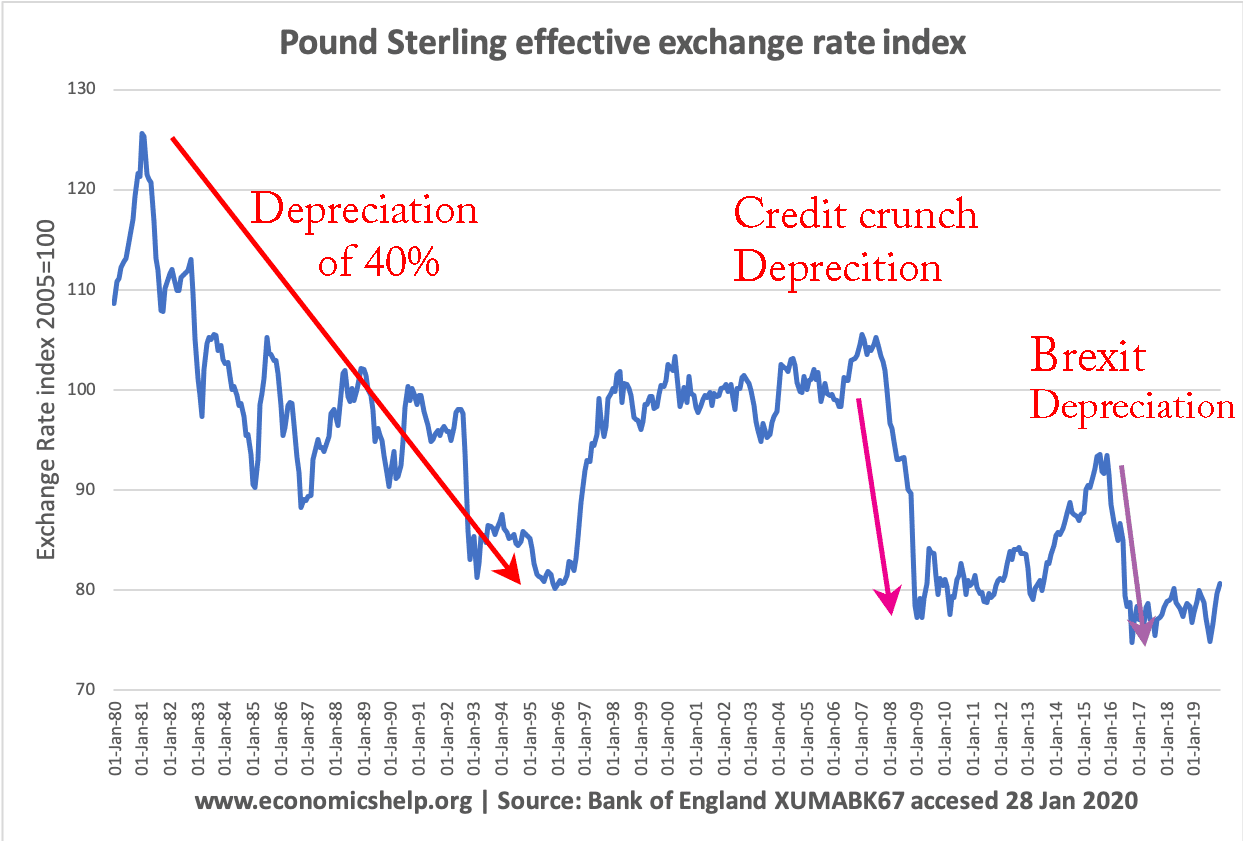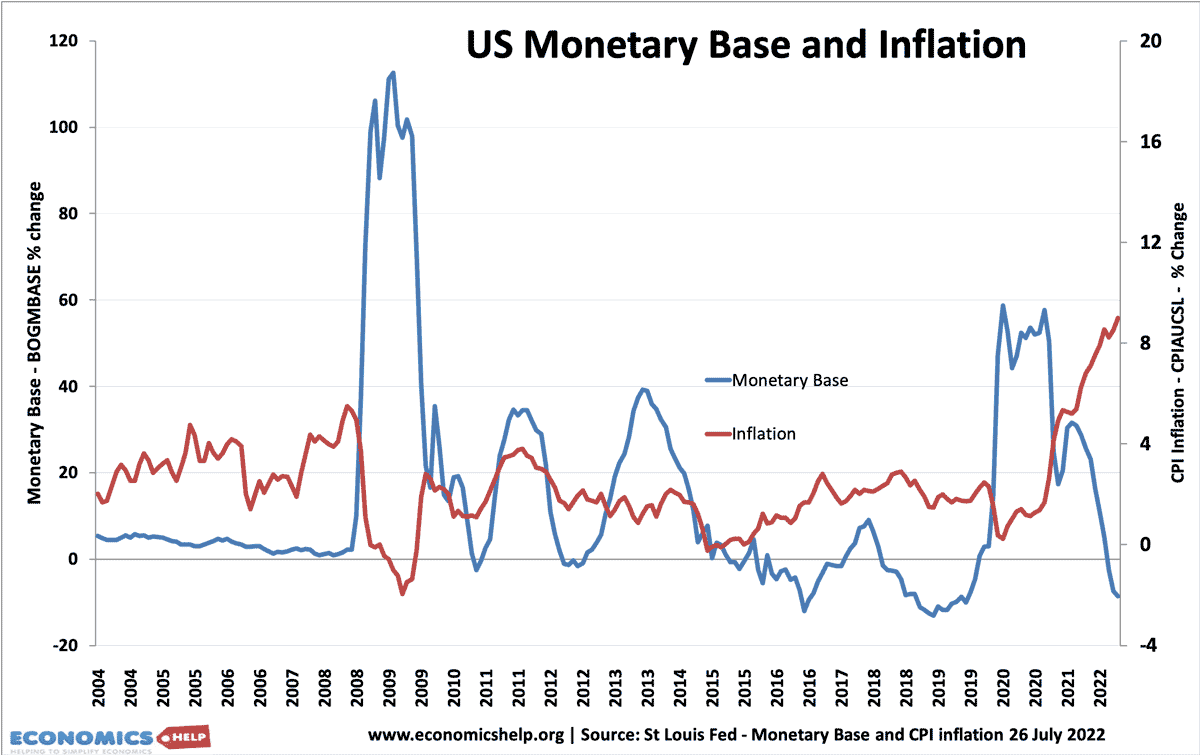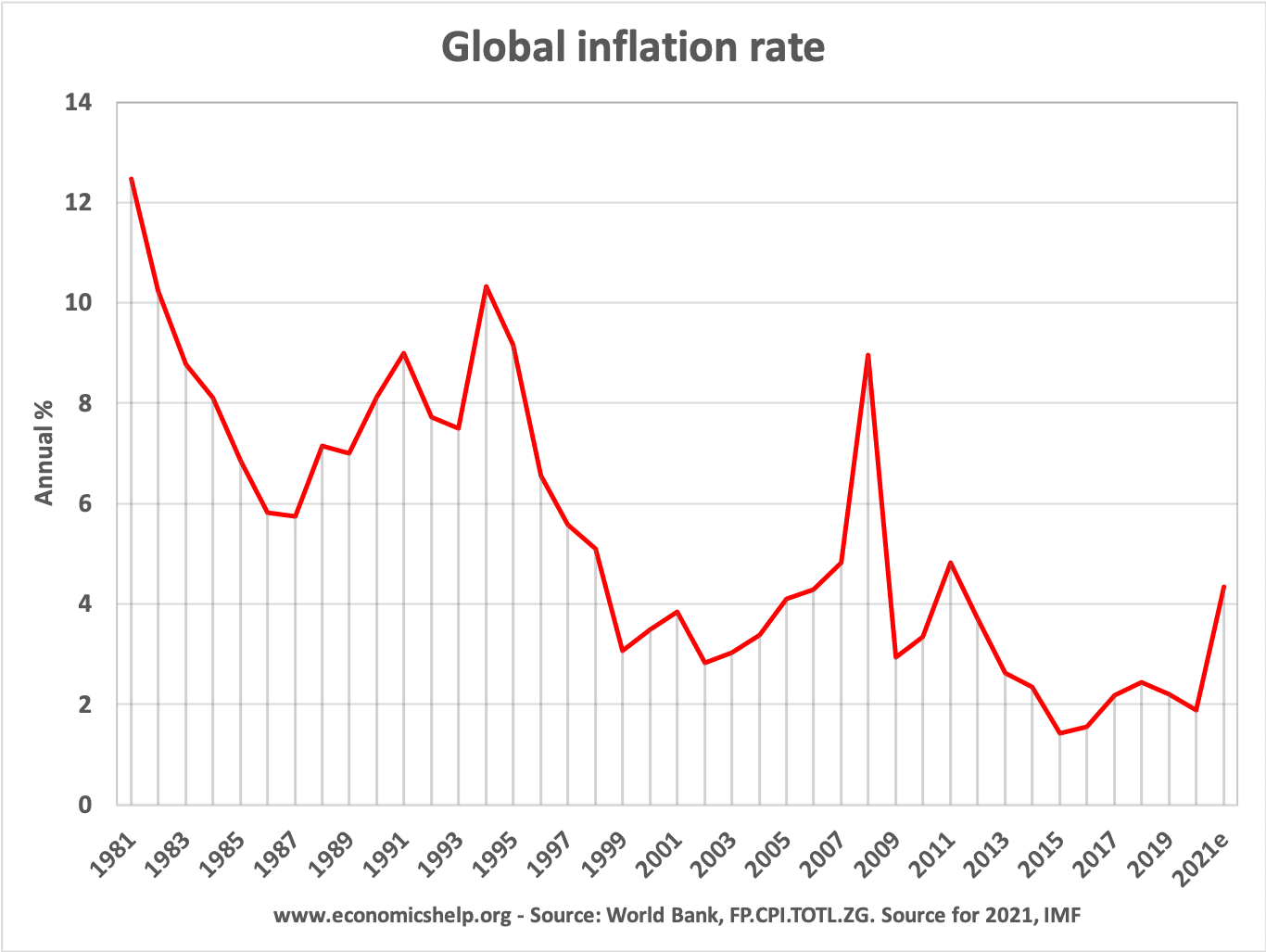Generation rent – definition and causes
Generation rent is a term to describe those young adults (18-40) who have been priced out of the housing market – unable to buy and having to pay a high percentage of income on rent. As well as an expensive housing market, generation rent faces financial difficulties from high living costs, student loans and low …

